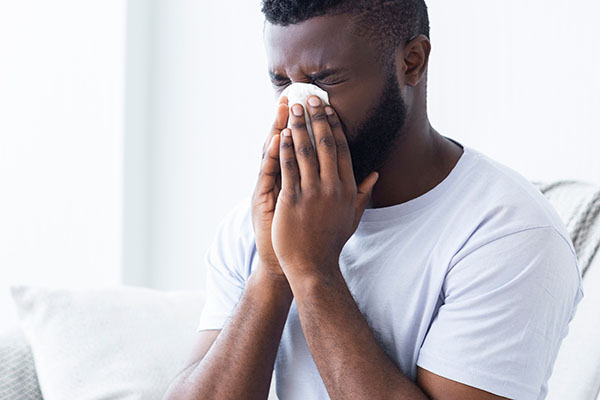Recommended Travel Immunizations From a Medical Clinic

Curious about what travel immunizations you may need for an upcoming trip? Read on to learn more. Travelers often encounter health problems they would not normally encounter at home. To lessen the likelihood of contracting a life-threatening illness on your trip, research in advance what travel immunizations are required or advised for the area of the globe you want to visit. Consider checking your personal vaccination record as well.
The need for travel immunizations
The U.S. Centers for Disease Control (CDC) recommends seeing a doctor or travel medicine clinic four to six weeks before departing on a foreign vacation. Vaccination is most effective when started early since it takes time for the body to develop immunity after receiving a vaccine, and because many vaccinations are administered in a series over time. Last-minute travelers or those leaving in less than four weeks should still see their doctors about necessary vaccinations and other preventative measures.
The CDC classifies various travel immunizations as either routine, recommended, or mandatory. When visiting certain destinations in sub-Saharan Africa and tropical South America, the yellow fever vaccination is the only vaccine considered necessary by the International Health Regulations.
Routine immunizations in the United States are regularly administered, most often in childhood. This includes vaccinations against diseases like diphtheria, varicella, poliomyelitis, tetanus, pertussis, measles, mumps, rubella, hepatitis B, hepatitis A, Haemophilus influenza type b, rotavirus, meningococcus, human papillomavirus, and pneumococcus.
Since many illnesses that are uncommon in the United States owing to widespread immunity may be more frequent in other countries, international travelers need to double-check that they are fully vaccinated and that no booster shots are necessary.
Recommended travel immunizations
Recommended immunizations prevent the spread of diseases that are common in other regions of the globe. Doctors prescribe certain vaccinations for foreign travel based on a number of factors, including the destination, whether or not you will be spending time in rural regions, the time of year for the visit, your age, general health status, and immunization history. Vaccination regulations for international travel are detailed per destination on the CDC's website.
The following are some examples of possible vaccine recommendations for overseas travel:
- Rabies: In many regions of the globe such as Thailand, Vietnam, Brazil, China, the Philippines, Sri Lanka, and Indonesia, the rabies virus is endemic in dogs
- Typhoid fever: Typhoid is transmissible via ingesting water or food tainted with feces from an infected person, or from eating or drinking anything touched by the infected patient
- Japanese encephalitis: This infection occurs when a mosquito infected with the flavivirus that causes Japanese encephalitis bites a person. In Asia, this virus is responsible for more cases of encephalitis than any other
- Malaria is an illness spread by an infected female Anopheles mosquito bite and may be lethal to humans. Malaria is found in over a hundred nations, with Africa having the highest prevalence. Although there is currently no vaccine to protect against malaria, the doctor may prescribe prophylactic antimalarials if the individual will be going to a high-risk location
Are you up-to-date on your travel immunizations?
You can visit a medical clinic for pre-trip health checks. These clinics have doctors who are trained to treat travelers and have a wide variety of travel immunizations. They also provide up-to-date vaccine recommendations and other healthful travel tips depending on your destination.
Get more information here: https://stonesprings.millenniummedicalcare.com or call Millennium Medical Care Stone Springs at (703) 665-3242
Check out what others are saying about our services on Yelp: Travel Immunizations in Sterling, VA.
Related Posts
The common cold is appropriately named. This illness is perhaps the most common health problem that people experience. It will affect individuals of all ages, including babies and the oldest patients. You have almost certainly had your share of colds in the past. The good news is that there are ways to minimize your risks…
Struggling with the common cold is something that just about everyone will experience at some point. Yearly bouts with a cold are highly likely, as most people get at least one every 12 months. It is extremely contagious and caused by one of three viruses through close contact. Some people have mild symptoms, but that…
Urgent care centers treat non-emergency medical issues that still require immediate medical attention. Understanding what to expect and preparing for your visit can make the experience smoother and more efficient. Below are key things to consider before visiting one of these facilities.Urgent care centers fill the niche between hospital emergency rooms and primary care doctors…
A common cold infection often produces thick phlegm. This discharge is sticky and thick. The increase in phlegm production often results in more coughing and difficulty of breathing. Some say that consuming dairy products can increase phlegm production. If you want to know if dairy does increase phlegm production during a common cold infection, here…


